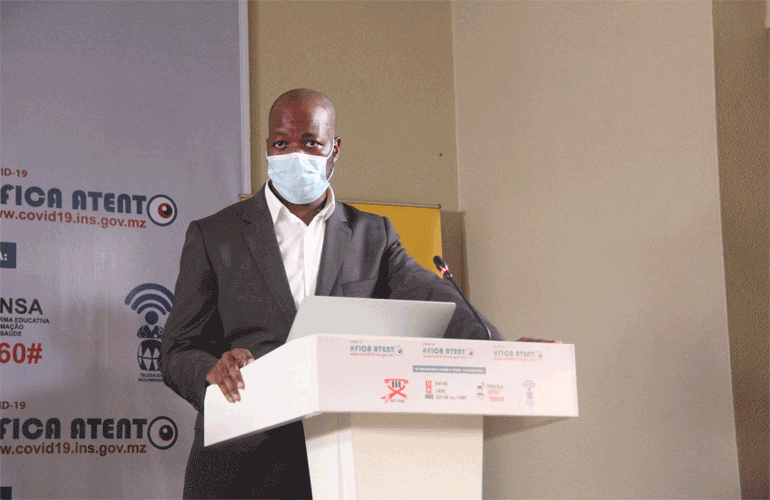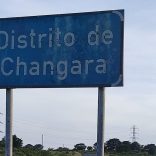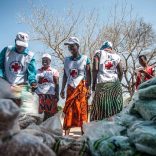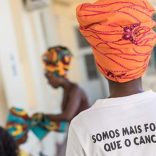Mozambique: Cholera kills six in Changara ,Tete province
Mozambique: Coronavirus rapid tests for Nampula city

Photo: Noticias
The Mozambican Ministry of Health is implementing a plan for rapid testing in the northern city of Nampula to determine the prevalence and the epidemiological profile in the city of the coronavirus that causes the Covid-19 pandemic.
Nampula has become the province with the second largest number of known Covid-19 cases in the country. As of Wednesday it had 144 positive cases, not far behind Cabo Delgado, with 164. Most of the cases are in Nampula city.
The first Nampula case was diagnosed less than a month ago, and the disease has spread rapidly since then, leading Health Minister Armindo Tiago to warn that the epidemic had reached the phase of “community transmission” in Nampula city.
That conclusion could be drawn because of the rapid increase in the number of Nampula cases where the chain of transmission is unknown, as well as changes in the demographic and clinical profile of the cases. One notable shift is the relatively large number of children who are now being infected.
The rapid testing operation in Nampula is being led by the deputy general director of the National Health Institute (INS), Eduardo Samo Gudo. He told reporters on Wednesday that the purpose of the rapid test was to provide the health authorities with the information for making more efficient and focused interventions, with the end result of blocking the spread of the disease.
The rapid test takes the form of a blood test plus a questionnaire. “This survey is community based”, said Samo Gudo, “and its main objective is to understand better the profile of the disease, the scale of the epidemic, and what are the man foci of infection in Nampula city”.
“It will allow us to see what factors are determining community transmission of Covid-19 and what population groups are most affected”, he added. “With this information we will be able to clarify and improve our response”.
The rapid tests are not for clinical diagnosis, he stressed. “This survey is not intended to diagnose whether people are infected with the virus, but to assess exposure to the virus. The tests are like those we use to diagnose malaria, for example, and the result of the testing is rapid”.
Diagnostic coronavirus tests detect the genetic material of the virus, showing whether the patient has an active Covid-19 infection, and should thus go into isolation. The rapid tests detect anti-bodies and thus show whether the patient is, or has been, in contact with the coronavirus.
“We can’t confuse this test, with the routine diagnostic test which takes swabs from the mouth and throat”, said Samo Gudo. “This will be a blood test like the malaria test. We shall gather a representative sample from Nampula city, representing the various geographical areas of the city, and the various age groups, and social and professional strata. . This could give us a better picture of the exposure people in this city have had to the virus”.
The sample will consist of 8,000 people, with particular attention to those regarded as most exposed to the virus, such as health professionals, market vendors and public transport workers.
Community mobilisation will take place over the next few days, added Samo Gudo, in order to request people selected as part of the sample to collaborate willingly with the authorities, since the results of the survey will be of great importance for controlling the spread of the disease in the city.
“The survey is crucial so that we can produce the best response based on evidence”, he said. “So we have to do it as quickly as possible, but complying with all the requirements of quality and ethics”.
Rapid testing surveys have been undertaken in other parts of the world, and Samo Gudo believed that the method should be extended to other parts of Mozambique.













Leave a Reply
Be the First to Comment!
You must be logged in to post a comment.
You must be logged in to post a comment.